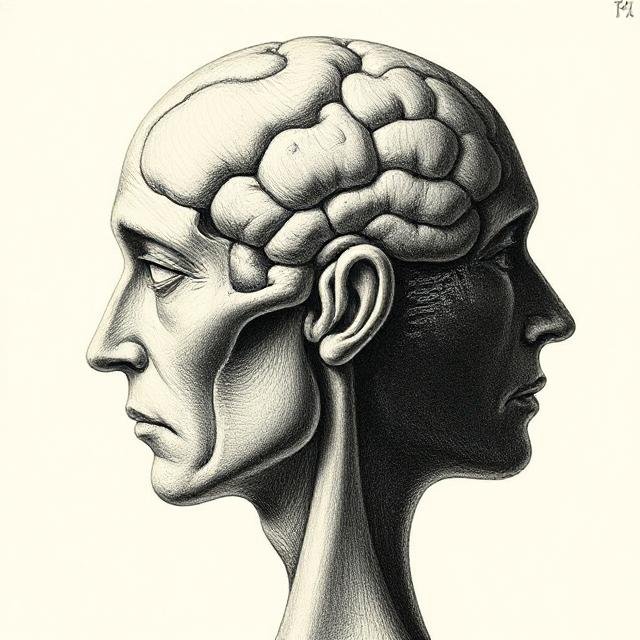What Is Type A Personality?
First introduced in the 1950s, “Type A personality” describes individuals who are driven, competitive, ambitious, and often highly organized. People with these traits tend to push themselves toward goals, seek achievement, and sometimes experience higher stress levels.
Though initially linked to heart disease risk, researchers now view Type A as a complex mix of traits, some beneficial and others potentially harmful if unbalanced.
The Science Behind Type A Traits
Key Traits Associated with Type A:
- Urgency and impatience
- Competitiveness
- High ambition
- Restlessness or feeling “on edge”
- Sensitivity to time pressure
Modern studies have refined the concept. It’s not being “Type A” that’s problematic—but certain components like hostility, chronic stress response, and lack of coping mechanisms.
Recent research suggests:
- Type A individuals often excel in leadership roles due to focus and persistence.
- Hostile or highly reactive traits, rather than ambition alone, are linked to health risks.
- Mindfulness, exercise, and balanced work-life practices can mitigate the negative aspects of Type A behavior.
Why Take a Type A Personality Quiz?
Millions of people are curious whether they fit into Type A tendencies. Understanding your personality style can help you:
- Improve stress management
- Identify areas for personal growth
- Enhance relationships and communication
- Optimize career choices and leadership approaches
In 2024, over 68% of people who took personality quizzes reported gaining insights that improved either personal relationships or professional satisfaction.
About This Quiz
Our quiz is designed to help you explore where you fall on the Type A spectrum. Unlike oversimplified online quizzes, this one draws on psychological research, including:
- The Jenkins Activity Survey
- Recent workplace behavior studies
- Modern stress psychology findings
It assesses:
- Urgency and time perception
- Competitive drive
- Stress responses
- Flexibility in routines
Remember: this quiz is for self-awareness and is not a medical diagnosis.
The Impact of Type A Traits on Health and Life
Health Implications
Early studies associated Type A behavior with a higher risk of coronary heart disease. However, current research emphasizes that it’s hostility and chronic anger—not ambition or hard work—that create significant health risks.
Type A individuals often:
- Experience elevated cortisol levels under stress
- Are at greater risk for hypertension if hostility is present
- Report higher levels of work-related stress and burnout
Career and Relationships
Type A traits can drive remarkable success. People with high energy, focus, and urgency often become:
- Entrepreneurs
- Surgeons
- Executives
- High-performing professionals in fast-paced fields
Yet, unmanaged stress or impatience can cause conflicts in personal and professional relationships.
Take the Quiz Now!
Ready to find out how Type A you are?
Reflect on how often you:
- Feel impatient in lines or traffic
- Compete with yourself or others
- Keep tight schedules
- Get frustrated by delays
- Find relaxation challenging
Each of these tendencies reveals where you might fall on the Type A spectrum!













